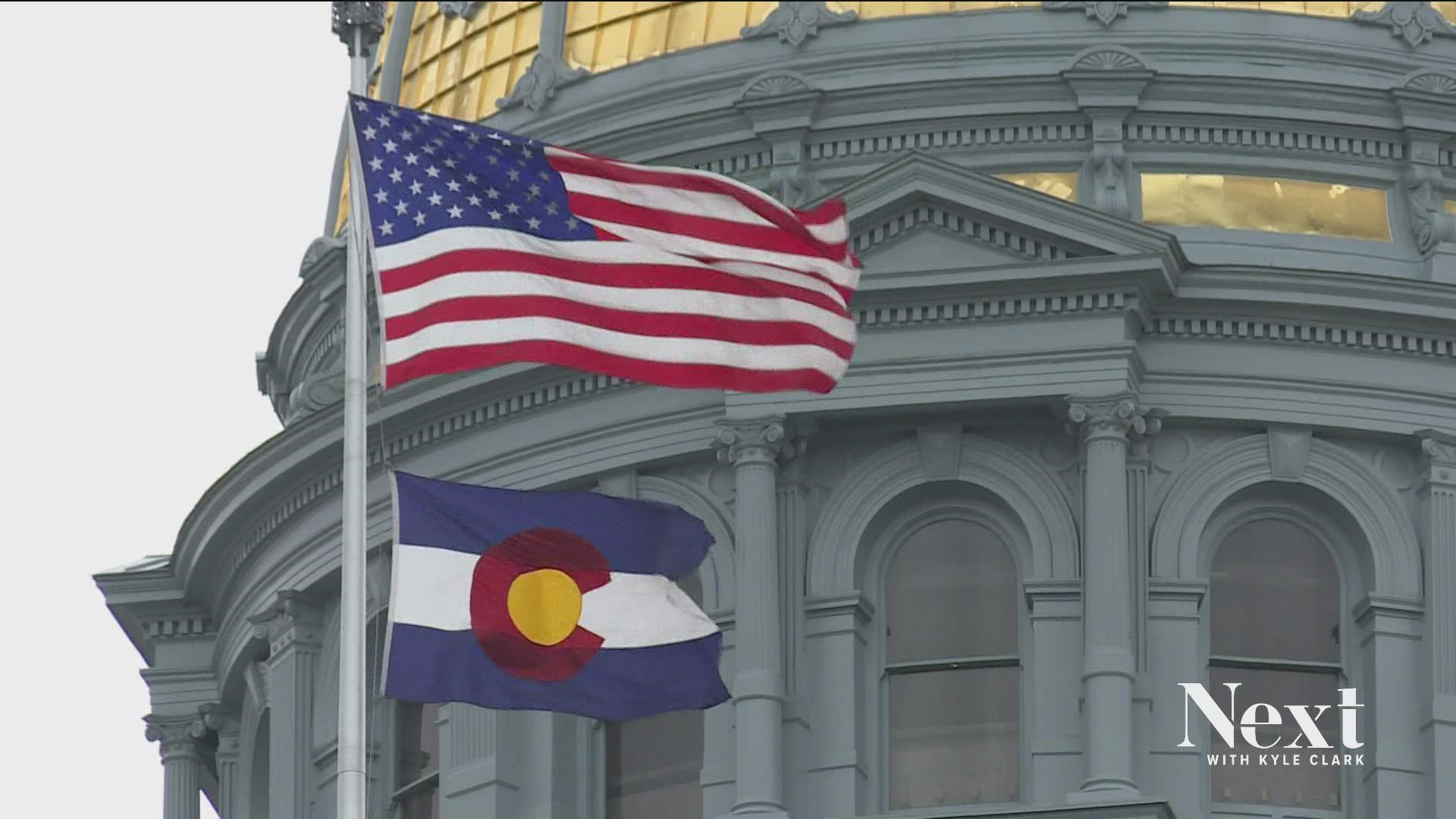DENVER — Colorado law now includes specific language to protect a woman's right to choose an abortion.
When Gov. Jared Polis (D) signed the bill today, Colorado's laws did not change. The access a woman had to an abortion yesterday is the same today, and will be the same tomorrow, if the U.S. Supreme Court overturns Roe vs. Wade.
"No matter what the Supreme Court does in the future -- women in Colorado will be able to choose when and if they have children," said Polis. "In the state of Colorado, the very serious decision to start a pregnancy or to end a pregnancy with medical assistance remains between a person, a doctor and their faith."
The bill puts into state statute that access to an abortion shall not be denied or restricted.
When you add up the debate over this bill at the State Capitol, between committee hearings and the House and Senate floor debates, you get close to three total days.
During those debates, opponents of the bill focused on how it might impact a different area of Colorado law: The Colorado Parental Notification Act.
"It will gut, in its current form, our current parental notification requirements," said State Rep. Patrick Neville, R-Castle Rock.
"If you look at the very broad language of this bill where it bans any restriction, any discrimination, any action -- how is this not setting up an inconsistency with that part of the statute?" said State Rep. Terri Carver, R-Colorado Springs.
The Colorado Parental Notification Act requires parents of minors to be notified at least 48 hours prior to a pending abortion.
"There's absolutely nothing in this law that will impede a parent's ability to be notified of their child's decision," said Kiki Council, a reproductive rights, health and justice attorney. "The laws have nothing to do with each other. Parental involvement is not government involvement. Parental interference is not government interference."
Even a parent is notified of a minor's abortion and objects, the decision to receive an abortion still rests with the minor. The law only requires that the parent be notified.
"Some states like Louisiana, Texas, Michigan even, have both parental notification and parental consent. Colorado only has parental notification," said Council.
Before the bill signing, one of the sponsors, State Sen. Julie Gonzales, D-Denver, heard that the governor was going to include a "signing statement." Next with Kyle Clark received a tip saying the same. A signing statement is often used to explain what parts of the bill that was just signed are lacking and how the governor would like to see those areas addressed.
Gonzales heard that the signing statement was going to address the Colorado Parental Notification Act.
During the bill signing, she told Next with Kyle Clark that she was salty when she said spoke.
"No disrespect to you Governor, but this bill is a perfect example of why the founders vested the power of the government, drawn from the people, to the legislative branch, the People's branch," said Gonzales.
The signing statement that Polis released was not critical, and did not offer any recommendations for additional legislation.

